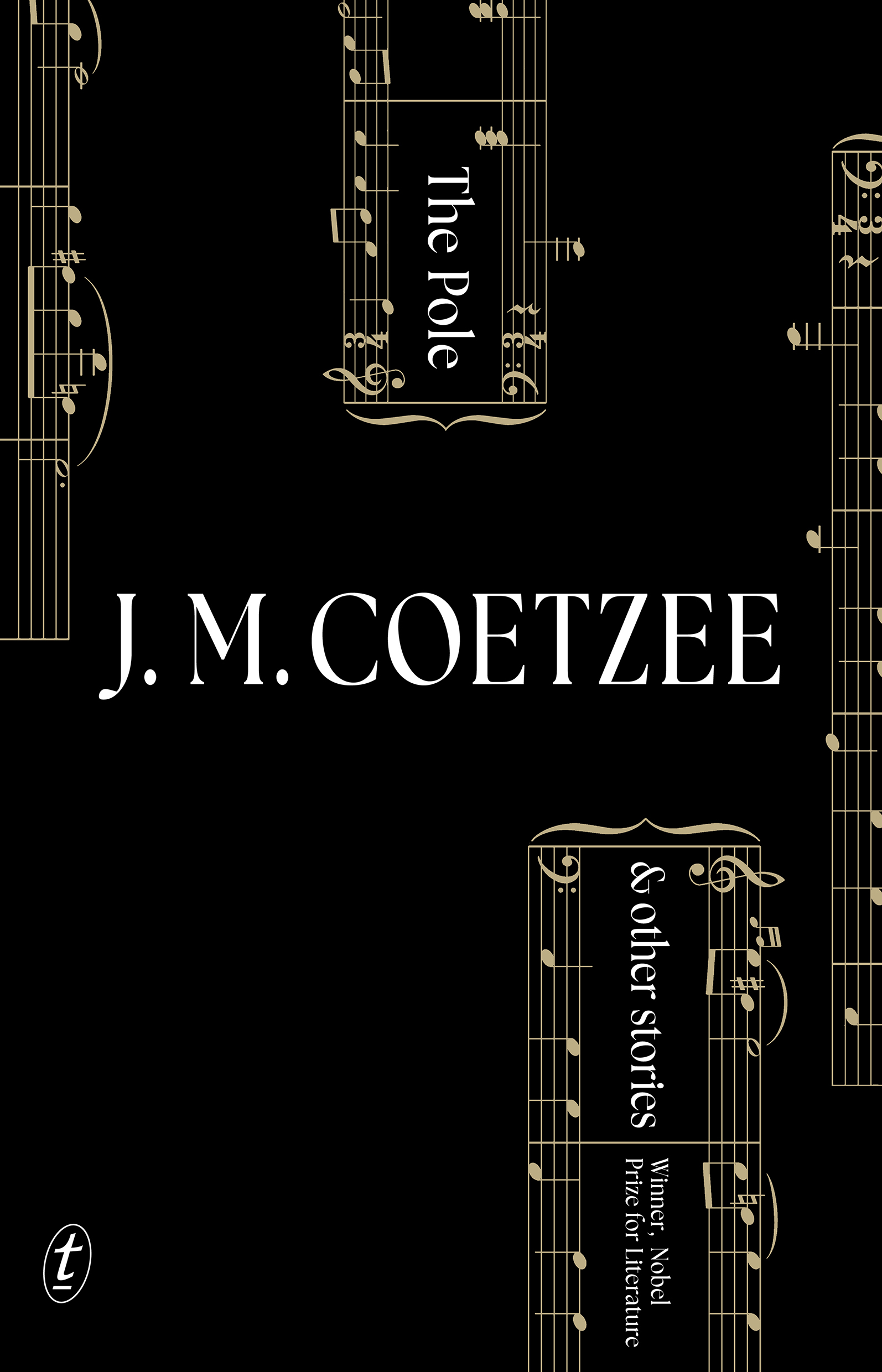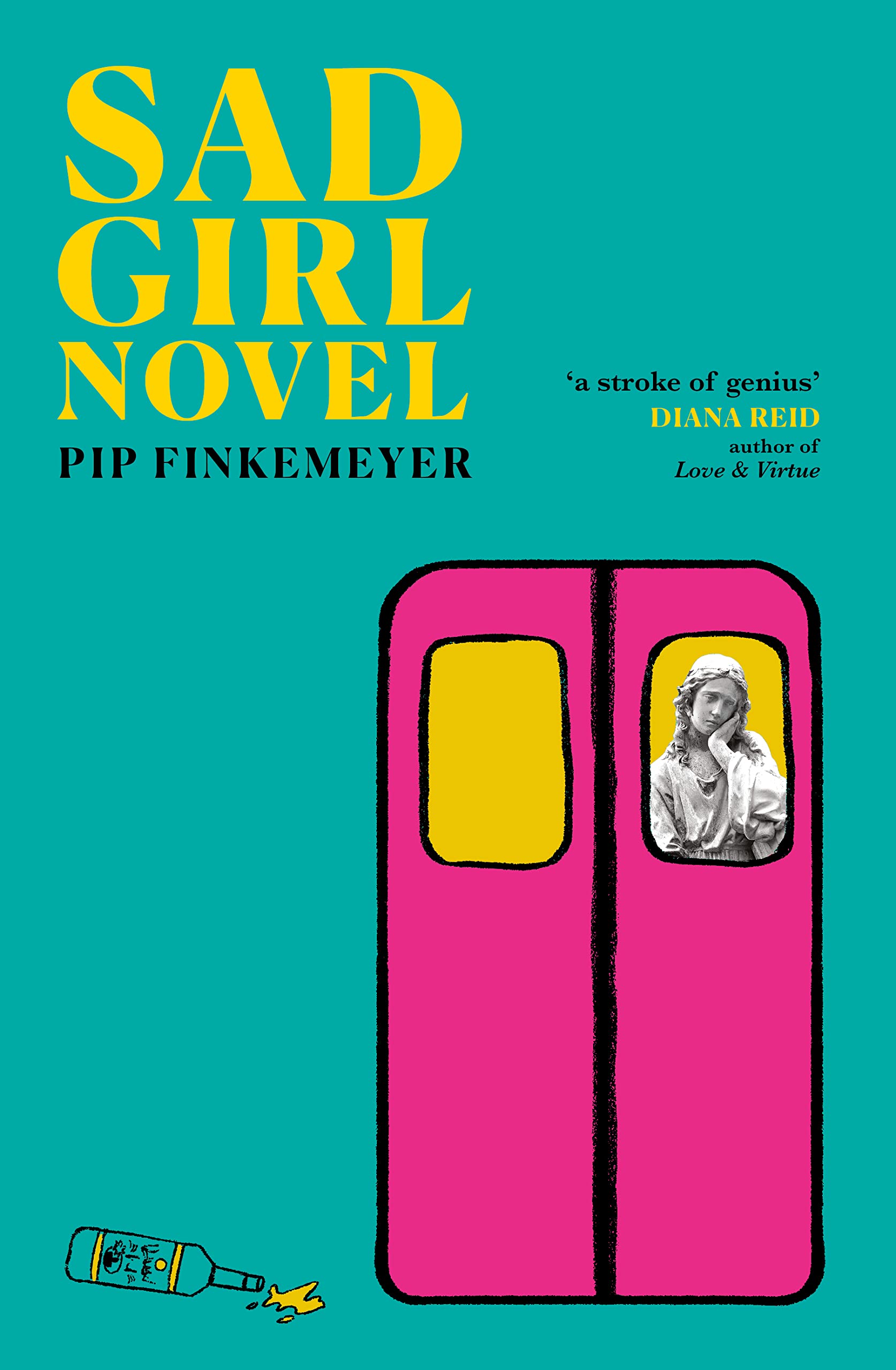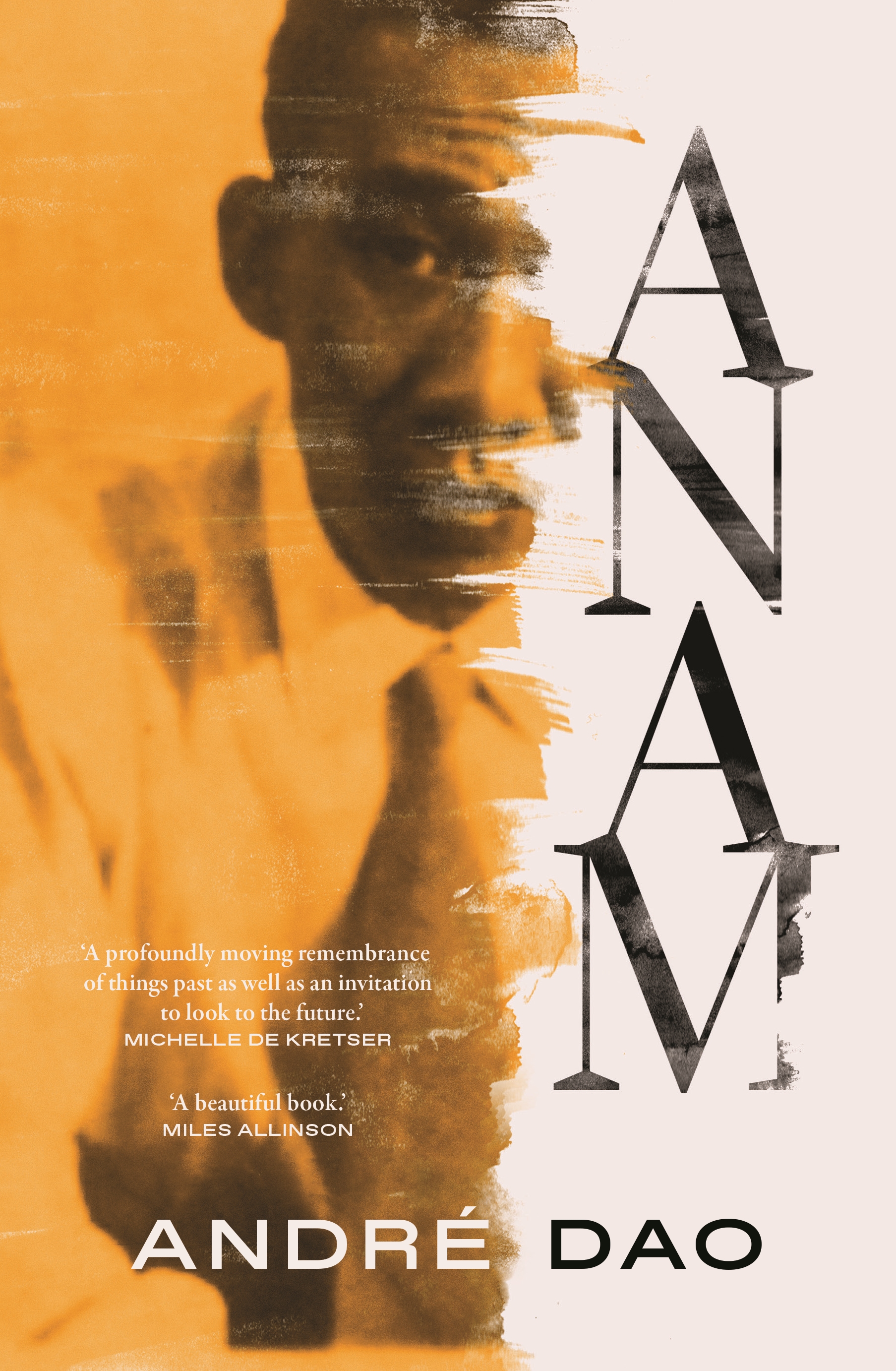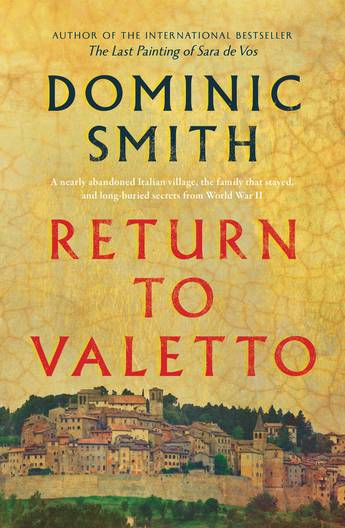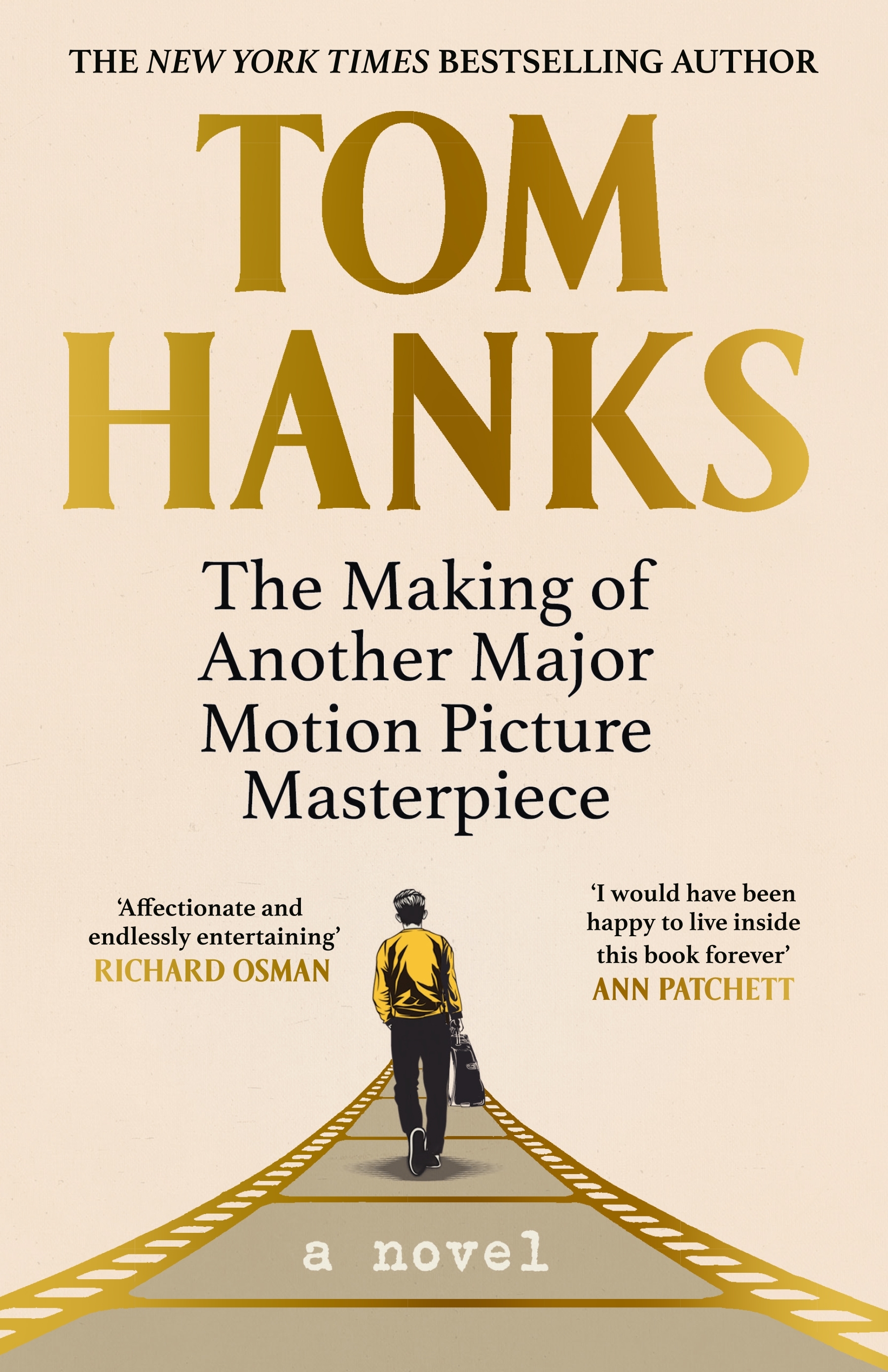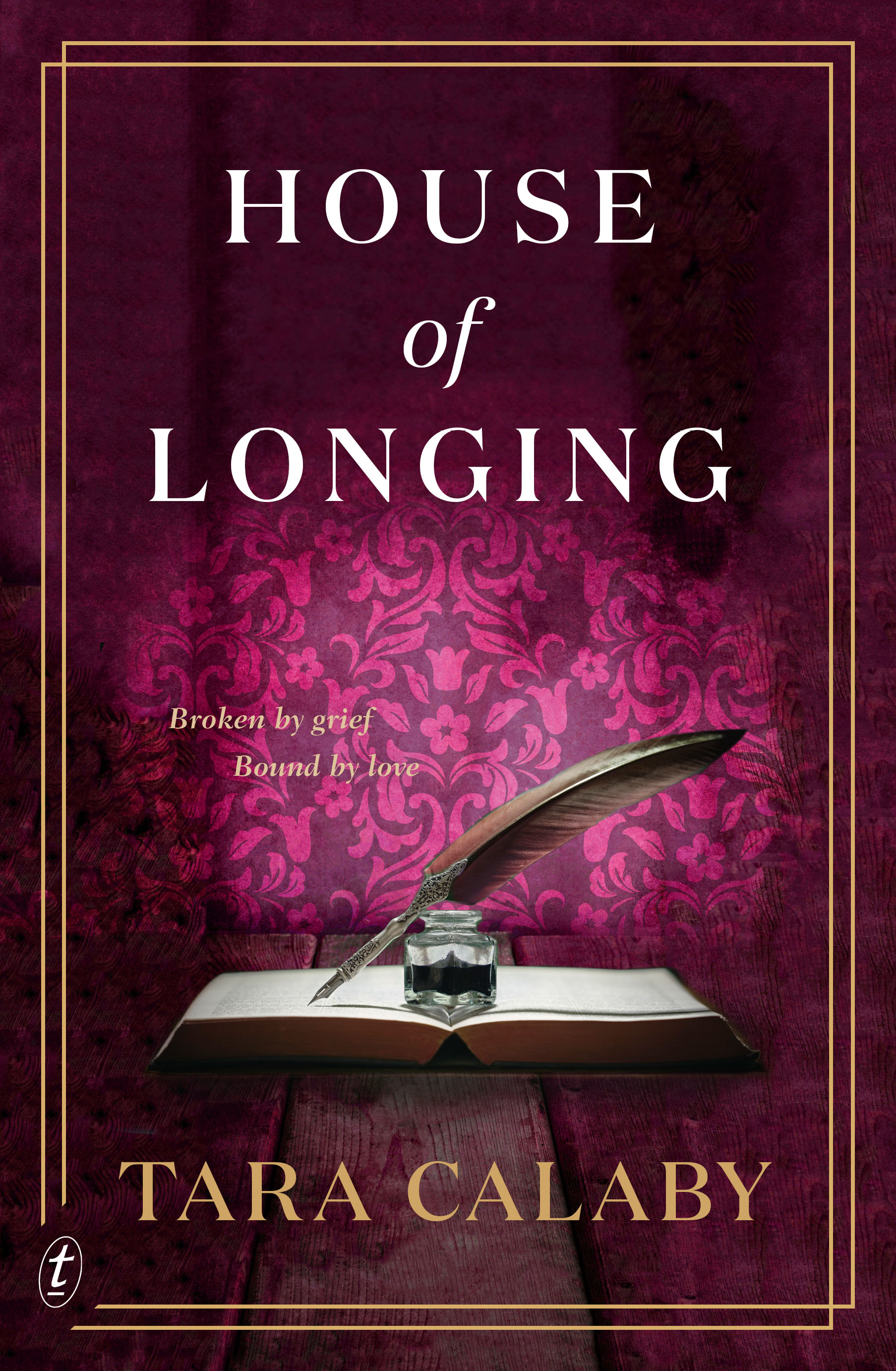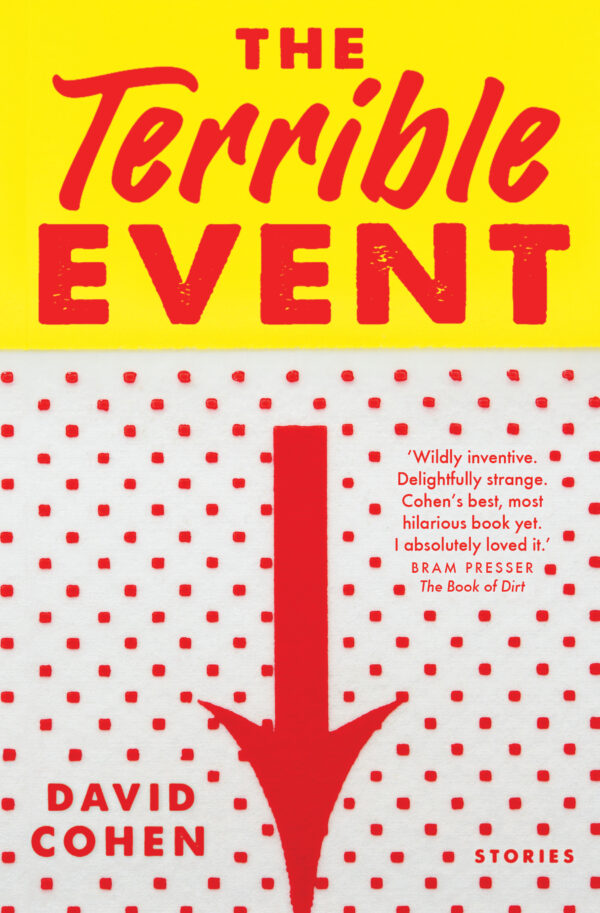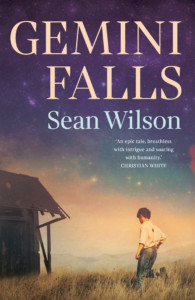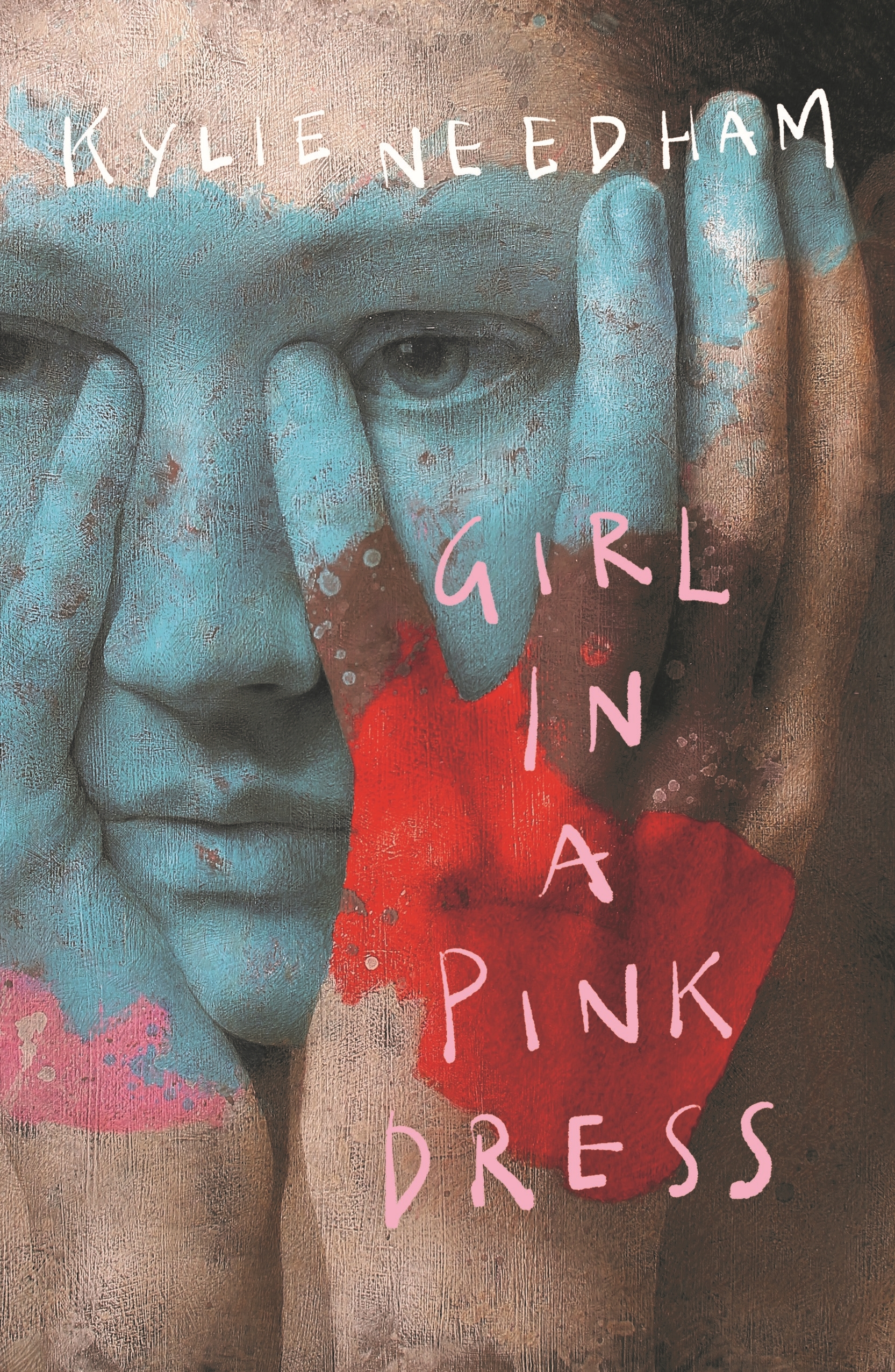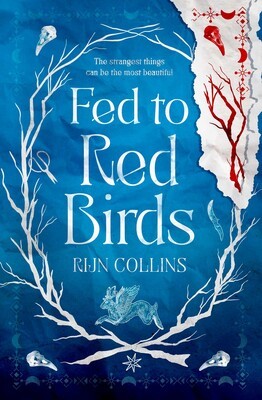Fiction
The aphorist Georg Christoph Lichtenberg likened reviews to ‘a kind of childhood illness to which newborn books are subject to a greater or lesser degree’, like measles or mumps, which kill a few but leave the rest only mildly marked. But how should we consider reviews of books that come late in an author’s career? In instances such as these, the reviewer is tempted to avoid any chance of career-ending pneumonia, applying a nurse’s gentling touch to the text. Often the result is career summation, a soft peddle at indications of decline.
... (read more)Sad Girl Novel by Pip Finkemeyer & Crushing by Genevieve Novak
Pip Finkemeyer’s Sad Girl Novel (Ultimo, $34.99 pb, 304 pp) is likely to divide readers, based on its title alone. For this reader, the immediate response was cynicism: another début about a young woman adrift and feeling sorry for herself? While unhappy women have populated art – and created it – for centuries, in 2023 the ‘sad girl’ is an aesthetic shorthand that conjures images of Ultraviolence-era Lana Del Rey, pale Tumblr girls with dripping makeup, Daisy Edgar-Jones in Normal People. Female pain, flattened into a marketable package.
... (read more)André Dao’s début novel, Anam, deals in the inconsistencies of memory and perception. It is narrated by a writer, a lawyer, an immigrant, a student, a partner, a son, a parent, a grandparent, and many ghosts, yet the motor of the story is Dao’s grandfather, who was sentenced, without charge or trial, to ten years’ imprisonment as a political detainee in the infamous Chi Hoa prison in Vietnam.
... (read more)A few pages in to Return to Valetto, the narrator Hugh Fisher is on a train from Rome to Orvieto and is being eyed suspiciously by an elderly Italian woman, who can see the photograph of himself with his daughter that he is using as a bookmark:
... (read more)The Making of Another Major Motion Picture Masterpiece by Tom Hanks
It’s an old adage but an accurate one – making a movie is like going to war, with an army of strangers enduring endless hardship for the sake of a common goal. Hollywood legend Tom Hanks is an expert on both films and warfare, having made his fair share of one about the other, and his first novel, The Making of Another Major Motion Picture Masterpiece (following his bestselling 2017 short story collection, Common Type) is an affable ode to Hollywood and a broad reflection on both personal and national legacy, jam-packed with many of the actor’s well-documented preoccupations.
... (read more)Tara Calaby’s début novel, based on her doctoral studies, wears its clearly extensive research lightly as it weaves an engrossing story of a young woman’s struggle in 1890s Melbourne towards something a contemporary reader might call social, emotional, and sexual independence. Focused around the story of an individual, House of Longing also traverses a broad canvas of social issues – class, gender roles, attitudes to mental health and its treatment, the importance of friendship, and the possibilities of sexual love between women.
... (read more)Hassled by deadlines and stricken by illness, I made a very modern deal with the devil. I asked ChatGPT to help me review David Cohen’s new short story collection, The Terrible Event. For the past few months, this text generating tool has made news by using AI technology to write everything from A+ high-school essays to faux-Nick Cave lyrics. Surely, then, it could provide some scaffolding for a thousand-word book review, a few handholds to help a tired reviewer scurry over this task and on to the next?
... (read more)Girl in a Pink Dress by Kylie Needham & The Prize by Kim E. Anderson
Fed to Red Birds by Rijn Collins & How to Be Remembered by Michael Thompson
On the surface, there is little connection between these three début novels. Rijn Collins’s Fed to Red Birds (Simon & Schuster, $32.99 pb, 247 pp) sketches an intimate portrait of migration, beautifully illustrating the migrant’s immersion within and isolation from their adopted land. Elva, a young Australian woman, hopes to remain in Iceland, her absent mother’s home country, despite the unique challenges it presents her. Michael Thompson’s How to be Remembered (Allen & Unwin, $32.99 pb, 344 pp) poses an intriguing metaphysical question: what happens if, each year on his birthday, every trace of one boy’s existence is erased? How can a person survive when nobody, not even his parents, knows who he is? Tommy Llewellyn is determined to find the answer and outfox this universal reset. Kate Scott’s Compulsion (Hamish Hamilton, $32.99 pb, 279 pp) revels in music, drugs, food, fashion, and hedonism. Lucy Lux attempts to uncomplicate her chaotic partying lifestyle by escaping to a remote seaside town she remembers from her childhood, where her passions and problems blaze anew. Despite their many differences, these are all essentially stories of self-discovery, coming of age, and obsession.
... (read more)

